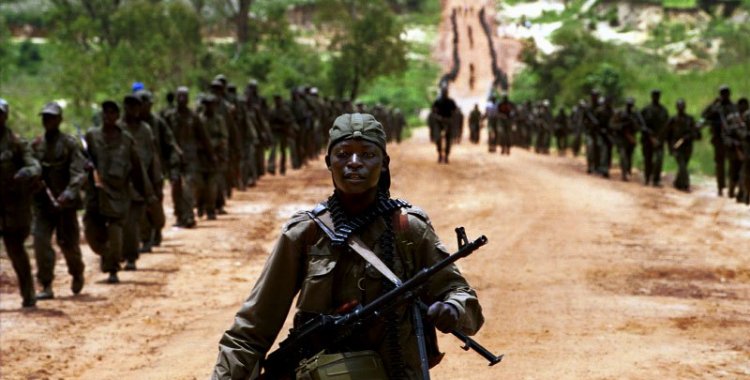"On this date when we are also celebrating Cabinda Identity Day, the political-military leadership of the FLEC is demanding the immediate release of all political prisoners in Cabinda whose only crime they have committed is to want to be free and to claim the right to freedom of expression and the legitimate right to self-determination of our people", writes the FLEC in a statement.
The Front for the Liberation of the State of Cabinda called on the entire population of that region and the world to set aside 1 February, the date of commemoration of the 135th anniversary of the signing of the Treaty of Simulambuco which placed it under Portuguese protection, "as a day of reflection".
FLEC also advocated a day of unity in identity and prayer for all martyrs for freedom and against all oppressors in Cabinda.
In the note FLEC reiterates that it remains unwavering in its mission to protect the people of Cabinda, its honour, and its desire for freedom and self-determination, and that it is ready to engage in dialogue and create solid conditions for peace to become a definitive reality.
Through its 'armed arm', the FAC, FLEC fights for the independence of the territory claiming that the enclave was a Portuguese protectorate, as established in the Treaty of Simulambuco, signed in 1885, and not part of the Angolan territory.
Created in 1963, the independence organisation split and multiplied into different, ephemeral factions, with the FLEC/FAC remaining the only movement claiming to maintain an 'armed resistance' against the Luanda administration.







